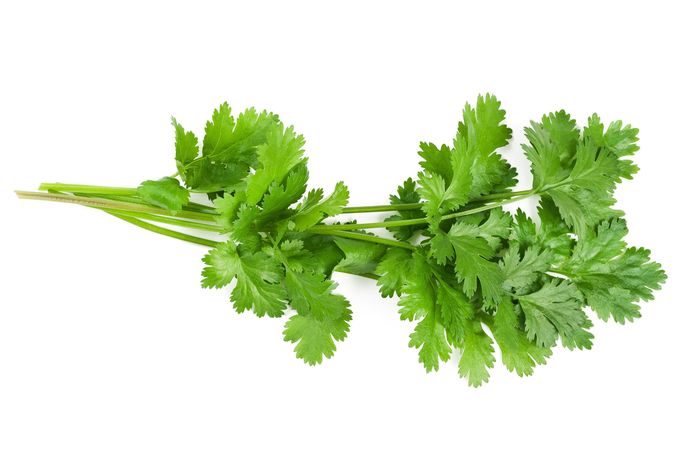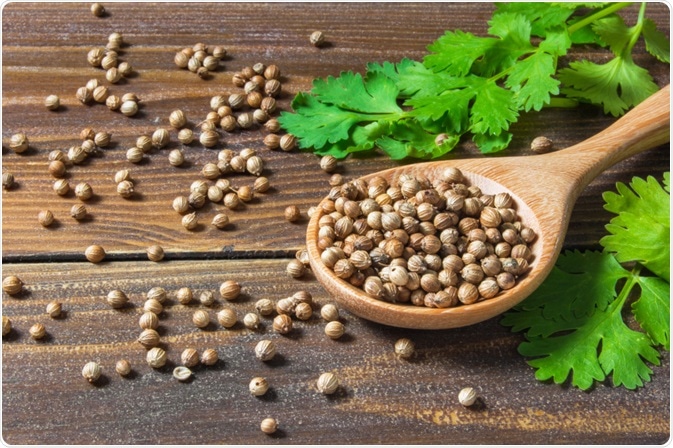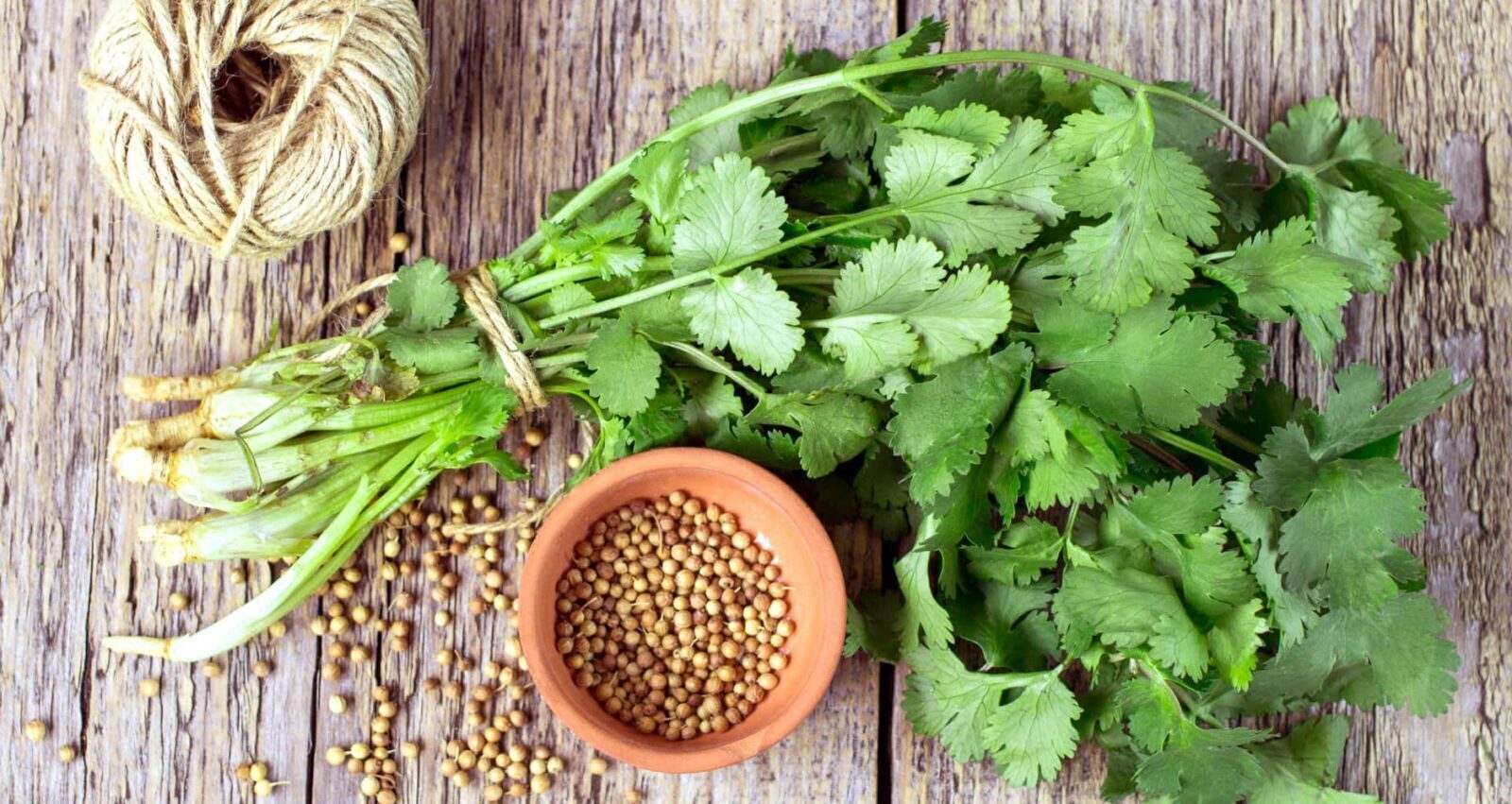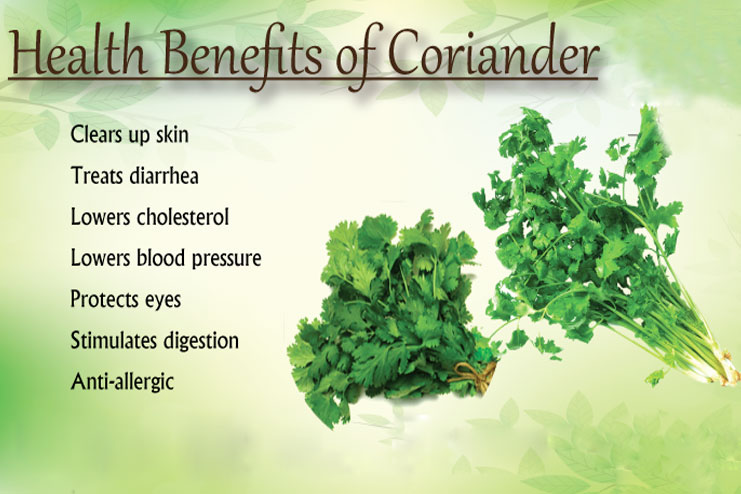Can Rabbits Eat Cilantro
Can Rabbits Eat Cilantro, Yes they can eat cilantro. Rabbits can eat cilantro as green herbs but only in moderation, it is not recommended for them to eat cilantro in large amounts. Cilantro is a type of plant that has an aromatic flavor and is used in many different dishes.
The leaves have a strong taste that many people find unpleasant and some people even say it tastes like soap. It would be best to avoid feeding cilantro to rabbits because they might not like the taste of the leaves and could end up getting sick from the herbs.
Rabbits cannot eat cilantro more than the recommended amount because it is not a food that they are designed to eat. Cilantro has a lot of pungent, spicy, and bitter flavors and these flavors are not suitable for rabbits.
Cilantro is a type of herb that is mostly used in Mexican and Asian cuisine. It can be found in most supermarkets, but it’s not recommended for rabbits. Rabbits have sensitive stomachs and cannot digest cilantro well.
Many people might wonder if rabbits can eat cilantro or not because they are herbivores. They cannot eat cilantro because the herb has a very strong flavor that kills the taste buds of the rabbit’s mouth. Rabbits eat cilantro but it is not good for them.
Can Bunnies Eat Cilantro?
Feeding cilantro to your bunnies is depending on the size and diet of the bunny. Some bunnies love to eat cilantro daily but cilantro is not suitable for them on a regular diet. Cilantro cannot be eaten by bunnies in large amounts as a regular treat because it contains thiophene which is a toxic compound that causes liver damage in rabbits.
Bunnies can eat cilantro if they are given the right amount of it. However, they should not be fed with too much of it because they might have diarrhea.
Is Cilantro Good For Your Rabbit?
Cilantro is good for rabbits’ health cilantro if they are given the right amount of it. Introducing cilantro is not good for rabbits because it can cause diarrhea and other digestive problems. It also contains oxalic acid which can damage the kidneys of the rabbit.
Cilantro can be harmful to rabbits if they eat too much of it or if they eat it raw. The herb can cause stomach upset, diarrhea, and loss of appetite in the rabbit. The symptoms usually go away after the rabbit stops eating cilantro for a few days or weeks.
Cilantro has been traditionally used to help with digestion and boost the immune system. However, some people believe that it could be harmful to rabbits because they are sensitive to the herb’s scent.
How Much Cilantro can I Give to My Rabbit?
The amount of cilantro you should give to your rabbit depends on the size of your rabbit. A small rabbit should be given around a teaspoon, while a large rabbit can be given a tablespoon.
The amount that you should give your rabbit depends on its size, age, and health condition. If your rabbit has been eating cilantro from the beginning, then you can feed them about 1/4 cup per day.
Rabbits are herbivores and they need to consume cilantro in their diet. However, they can be a bit picky with this herb and might refuse to eat it if not given the right amount.
In order to make sure that you are giving your rabbit enough cilantro, you should make sure that you are giving them at least 1/4 cup of cilantro every day. You should also remember that rabbits eat their food quickly and will typically eat 2-3 cups of hay per day.
What should you do when your rabbit is refusing to eat cilantro?
If your rabbit is refusing to eat cilantro, you should try giving them smaller amounts of the herb.
This way, they will be able to get enough of it in their diet without being too full on it. If that doesn’t work, you can try adding some other vegetables into their diet that are more appealing to them like carrots or broccoli.
Should I Give My Rabbit Cilantro Every Day?
Cilantro is not the type of food that should be given to rabbits every day. Owners can only feed grass, pallets, and hay on a daily basis for 24 hours beside these foods no other food should be given to rabbits every day.
It is also important to feed them vegetables and fruits for better rabbits’ health but not on regular basis.
According to some experts, Rabbits are herbivores, so they might be more interested in eating green leaves than carrots or hay and are safe for rabbits.
Some animal owners have found that giving their rabbit cilantro every day has been helpful in preventing digestive tract issues. In addition, they have also found that the rabbit’s fur has become more glossy and soft after being fed cilantro regularly in the rabbits’ diet.
Health Benefits of Cilantro For Rabbits:
Cilantro has many benefits for rabbits as rabbit food. Fresh cilantro contains vitamin C, vitamin k, vitamin A, vitamin B6, Folate, vitamin E, iron, manganese, and potassium.
Cilantro is a popular herb that has a variety of health benefits for rabbits. It includes improved digestion, increased appetite, and an improved immune system.
There are many health benefits of cilantro for rabbits such as:
- Cilantro helps with digestion
- Cilantro can help with weight loss
- Cilantro prevents cancer
Can rabbits eat coriander seeds?
Rabbits can eat coriander seeds. Coriander’s green or leafy green part is healthier than the seeds themselves. For some species of rabbits, coriander seeds are poisonous to rabbits and should not be fed to them.
Rabbits have very sensitive digestive systems and cannot digest coriander seeds without serious consequences. Rabbits are herbivores and cannot eat coriander seeds. They can only eat the leaves of this plant.
What herbs can Bunnies not eat?
There are lots of herbs that should not feed to rabbits such as:
- Calamus
- Hemlock
- Foxglove
- Senecio
- Larkspur
- Aloe Vera
- Alfalfa
- Basil
- Bay Leaf
- Beets
- Calendula
- Chamomile
- Cilantro
- Cloves
- Dill
- Fennel
- Garlic
Can rabbits eat cilantro stems?
Cilantro stems are a favorite among rabbits as they can be eaten in addition to the leaves in small amounts.
Rabbits love cilantro stems so much that they will eat them even if you provide them with cilantro leaves. However, it is not recommended to feed rabbits more cilantro leaves because they can cause digestive issues.
Rabbits can eat cilantro stems. However, it is best to be cautious and avoid giving them too much of the herb because it can cause digestive problems. Cilantro stems are a great source of Vitamin C and antioxidants that rabbits need in their diet.
Can rabbits eat cilantro flowers?
Rabbits can eat cilantro flowers However, they should be careful not to eat too many of them because they can cause stomach cramps and diarrhea. Cilantro flowers contain a chemical called thiophene which is toxic to rabbits and other herbivores.
Rabbits can eat cilantro flowers but they should be given in moderation. They should also be given with caution because they could cause rabbit digestive issues for the rabbit.
Can rabbits eat cilantro roots?
Cilantro roots are edible for rabbits and other small animals. Rabbits can eat cilantro roots, but it’s not recommended. However, there are some precautions that should be taken for the rabbit to remain safe and healthy.
Can domestic rabbits eat cilantro?
In moderation, domestic rabbits can eat cilantro seeds, flowers, and roots. Domestic rabbits can eat a wide variety of foods and herbs, but cilantro should be avoided as a regular treat because it is toxic to them.
Domestic rabbits are able to eat cilantro but they need to be careful because it can cause stomach upset.
Can wild rabbits eat cilantro?
Wild rabbits are capable of eating cilantro if provided in the recommended amount. Some species of wild rabbits cannot eat cilantro because it is not a part of their diet. Cilantro contains compounds that are toxic to rabbits, and they would need to consume large amounts in order for the toxic compounds to be removed from their body.
Wild rabbits are herbivores that eat cilantro. They can also eat other plants and vegetables, such as lettuce, carrots, and spinach.





